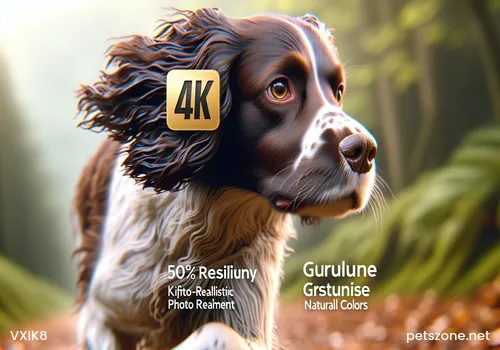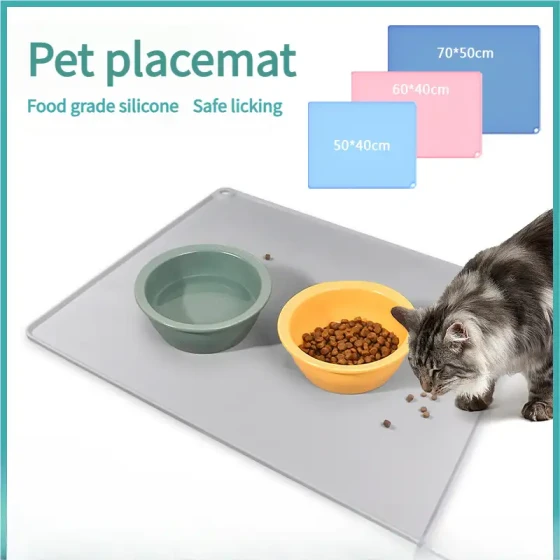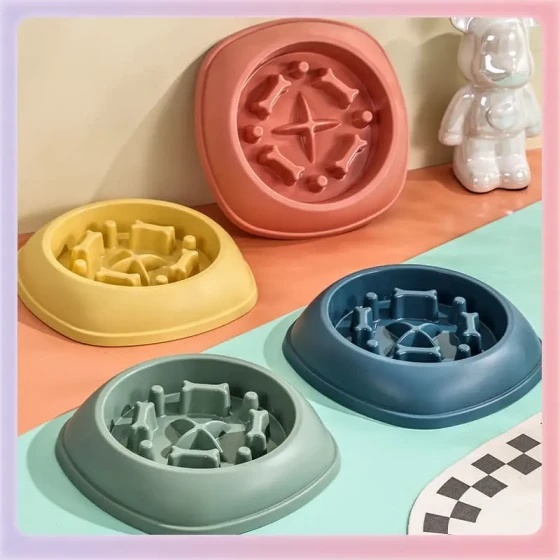The Shaping and Cultivation of Healthy Psychology in Husky Puppies

Husky (detailed introduction)
I. Shaping a Healthy Psychology
The psychological development of puppies is closely related to their environment. When puppies’ basic survival needs are met or afterwards, they interact with the external environment. During this period, puppies are not very responsive to external stimuli, mainly affected by various external information. Therefore, controlling the living environment affecting puppies will impact their understanding of the outside world. Shaping a complete psychology in dogs can proceed from the following aspects:
(1) Meeting puppies’ safety needs is the foundation of psychological health. “Benefit and harm are the only recognition puppies have of the outside world.” In maintaining survival, puppies prominently exhibit the characteristic of “seeking benefits and avoiding harm.” Between 2 to 6 weeks old, the puppies' sense organs gradually improve, and the “imprinting” learning method plays a significant role. During this period, harmful stimuli from the environment tend to form strong and hard-to-change memories. Therefore, a safe environment must be created so puppies are not inadvertently subjected to sudden stimuli. Caretakers should establish good relationships with both the mother dog and puppies. As an important “environment” outside the mother, the caretaker provides a “safe” place conducive for puppies separating from the mother and building confidence to grow. Analysis of timid or neurotic adult dogs often relates to harmful stimuli experienced as puppies. For puppies, safety is everything.
(2) The group relationships of puppies are an important step in psychological growth, promoting further development of senses and enhancing communication abilities. Dogs’ social habits are established early in life, and the habits adult dogs have in interacting often bear traces from puppyhood. For puppies under five weeks old, due to minor differences in function, their activities are very similar; they rarely communicate in ways that harm each other. Behavior such as nibbling and chasing during this period rehearses hunting instincts. Providing space that stimulates puppy interaction, such as lawns, promotes spatial awareness and enhances physical strength; changing play areas also offers more opportunities for play.
(3) Guiding individual consciousness in dogs is key to psychological growth. Between 6 to 9 weeks during physical growth, increasing bodily differences lead to a stronger “self-awareness” in activity, characterized by food competition, etc. The evolution and strengthening of individual consciousness causes puppies to better recognize themselves, producing reflex-based behaviors such as hesitating to take available food or contest possession of objects. At this stage, puppies should be fed separately. Timing is key—choose to separate when this behavior has developed but without causing serious psychological stress. This helps build confidence. Visual contact should be maintained initially to preserve social needs. Spatial separation nurtures the development of lower-ranking personalities and fosters dominant temperaments. By basing feeding routines on separation, puppies maintain energy. Separating fences allow interactions like barking and intimidation across boundaries. Poorly managed communal feeding can intensify dominance differences, making lower-ranking dogs neurotic and insecure. In contrast, house dogs rarely show extreme or neurotic traits, possibly due to timely separation.
(4) Puppies’ play behavior reflects psychological characteristics. Puppies play far more than adult dogs. Play behaviors develop with growth and continuously change, serving as an introductory stage for cultivating certain working abilities. Two conditions are necessary for play: first, an internal pleasant mood; second, surplus energy. Therefore, providing an environment for play, trainers playing with dogs, and giving toys like balls, hemp cloths, or wooden blocks facilitate developing play behavior and foster healthy psychology. Obvious fighting during play should be stopped by humans. For dogs less skilled in play, trainers can use times such as morning or evening, when puppies are excited, to create opportunities, letting dogs discover play’s joy themselves. Through play, dogs strengthen activity ability and confidence, very beneficial for working dogs.
II. Cultivating Physiological Qualities in Puppies
This is based on the dog’s basic activity abilities. Some qualities are also essential for working dogs. For police working dogs, the following areas of cultivation should be emphasized.
(1) Physical stamina. Physical stamina is the foundation of activity ability and endurance. Once puppies begin physical activity, stamina training should start. The younger the dog, the more stamina training should be integrated into the dog’s autonomous activities, allowing puppies to control their own amount of activity. With growth, a phased plan should be made to progressively extend walking distances without excessive frequency. Further training includes increasing physical agility exercises like climbing obstacles, walking narrow bridges, and turning runs, which improve stamina and agility.
(2) Courage. There is a critical period for cultivating a dog’s courage—between five to seven months. Courage cultivation involves adapting puppies to environments and increasing their confidence towards people. Awareness of the environment becomes sharper, and courage may decrease. During this process, using playful interaction produces simultaneously positive and negative conditioning, causing dogs to ignore unfamiliar stimuli. Avoid forcing dogs to perform tasks like climbing stairs; instead, guide them to complete with excitement to prevent passive reactions. Conduct conscious exposure to firelight and sound. For adapting to people, encourage barking after the dog barks without using strong mechanical stimulus, avoiding loud shouts from others.
(3) Retrieving ability. Retrieving is one of the vital abilities for working dogs, evolved from hunting instincts. There are roughly two methods to cultivate retrieval ability: it is very important to develop it during an appropriate developmental period. Even before two months old, puppies demonstrate chasing and retrieving behaviors with items; using sticks, tennis balls, etc., to play helps develop retrieval ability. After seven months, when maturity progresses, if retrieving is undeveloped, it may manifest as aggressiveness. For dogs showing hostility towards people, using sacks or wooden sticks to evoke hostile nibbling can divert hostility towards objects. The key is boosting confidence in possessing and retrieving items.
(4) Correcting bad habits in puppies. During puppy rearing, various influences can cause bad habits such as chasing poultry, attacking people, or playing in sewage. Because the nervous system is not yet fully developed, puppies cannot endure strong stimuli well, so prevention is the main strategy, limiting opportunities to develop bad habits. If forbidden behaviors occur, trainers should simply lead puppies away to stop the behavior with minimal mechanical or verbal stimuli, letting bad habits naturally fade.
Psychological and physiological cultivation in puppies runs throughout their care and management. Trainers must understand developmental characteristics, adapt to each dog, and patiently provide proper guidance to cultivate working dogs meeting training requirements.
-560x560.webp)


